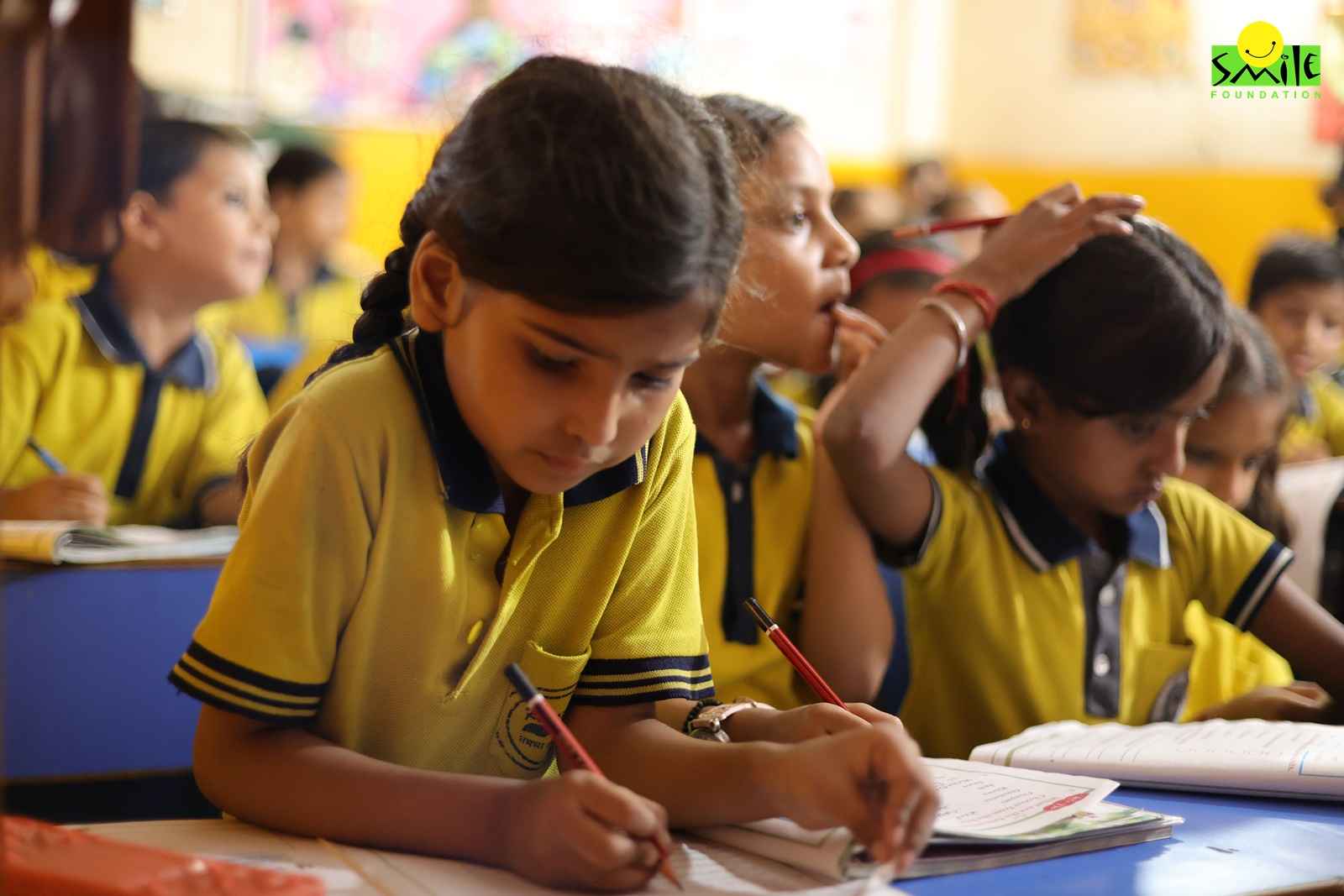Air is one of the five basic elements known as the ‘panchamahabhutas’ that constitute this universe and also our bodies. The oxygen in air sustains our life and supports the functioning of our body. We need ten times more air than we require food or water to live. Let’s understand what causes air pollution in India?
Given the importance of air as a life-supporting element, it is only natural that the quality of air has a direct and significant impact on our health conditions. With growing urbanisation, industrialization and modernization, the quality of air has considerably degraded and is currently one of the greatest environmental threats affecting health of people globally.
Air Pollution: Major Causes
Air is a mixture of various gases like Nitrogen (78%), Oxygen (21%), other inert gases (mainly argon nearly 1%), carbon dioxide (0.03%) and water vapour. This is, however, the ideal composition of air which is in harmony with nature; while the actual composition varies with the place.
Besides these gases, air also contains some particles of dust and smoke which could be anything from soot, soil dust to sulphates. The amount of deviation from the ideal composition marks the level of pollution in air. The most dangerous pollutants in air are the fine particles with diameter 2.5 microns or less, known as Particulate Matter, in short PM 2.5.
Burning of biomass for cooking and heating purposes at home, burning fossil fuels for power generation, emissions from chemical and manufacturing industries, vehicular emissions, by-products of waste management and certain agricultural and industrial processes are the major man-made sources of air pollution.
Similarly, windblown dust, salt spray, forest fires and volcanic eruptions are some of the natural sources contributing to air pollution.
What causes Air pollution in India?
Though air pollution has a global impact, it disproportionately affects population in developing countries. India is the second most polluted country in the world today.
Some of the major causes of air pollution in India can be outlined as below:
Agricultural Practices: The practice of rotational cropping of paddy and wheat in the Kharif and Rabi seasons respectively in Northern India leads to seasonal paddy stubble burning before sowing wheat. These farm fires mainly in the states of Punjab, Haryana and Uttar Pradesh cause emissions of particulate matter into the atmosphere which makes the air in and around Delhi almost unfit for breathing.
Vehicular Emissions: Rapid rise in the fleet of vehicles on road has led to increase in vehicular exhaust emissions which are a major contributor to air pollution especially in the urban areas. Vehicular emissions contribute 20-30% of PM2.5 at the breathing level of air quality.
Studies indicate that transport sector accounts for nearly 8% of total greenhouse gas (GHG) emissions in India which exceeds 30% in Delhi.
Industrial Emissions: Both heavy and small scale industries contribute heavily to air pollution. Most industrial operations emit huge amounts of organic compounds, hydrocarbons and toxic chemicals to the air. Greenhouse gases like carbon dioxide and methane also lead to global warming and climate change.
Residential pollution: Burning biomass and fuel like wood, coal or kerosene for cooking, heating purposes at home, results in indoor or household air pollution. According to some studies, the PM2.5 concentration in majority of Indian households is between 86-88 microgram /m3 which is much above the permissible limit of WHO.
Moreover, a higher concentration of PM2.5 in closed environment is ten times more harmful than similar outdoor concentration as confined spaces enable more build up of potential pollutants than open spaces.
Besides the above sources of air pollution, factors like waste management and some other natural causes like seasonal dust storms, forest fires, and sea salt in coastal areas also contribute to air pollution in India.
What are the Effects of Air Pollution in India?
An analysis of air pollution in India will reveal that it is a matter of grave concern causing huge impact on health, environment and economy. Over 2 million people die prematurely every year in India due to reasons attributed to air pollution.
While a study by ICMR says that lung cancer is the leading cause of cancer-related deaths in India, a conference conducted by ASSOCHAM indicated air pollution to be the leading cause for lung cancer in India.
Several studies have linked air pollution to various impacts on human health like:
- Short-term impacts including irritation to eyes, nose and throat and respiratory infections like bronchitis and pneumonia
- Long-term health impacts like chronic respiratory diseases, lung cancer, cardiac problems, neurological issues and even damage to brain, liver and kidney
- Increased risk of incident hypertension due to both short and long term exposure to air pollutants
- Premature mortality and need for hospitalizations due to respiratory and post- respiratory illnesses in cities
- Severe health issues like genetic changes, haematological abnormalities, liver impairment and neurobehavioural issues in people with higher exposure to vehicular emissions like traffic policemen, roadside vendors and auto rickshaw and taxi drivers.
The health impacts of air pollution vary with age, gender and other health conditions. Usually women, children, elderly people and people with co-morbidities like cardiac and lung issues or asthma are more vulnerable to the effects of exposure to degraded air quality.
Besides the adverse impact on health, air pollution also significantly contributes to climate change. Emission of greenhouse gases is one of the major contributors in this regard. While per capita CO2 emissions in India are far below the world average; when compared to previous statistics within India, CO2 emissions have dramatically risen by 300% since 1990.
Climate change leads to more complicated environmental issues like global warming, rise in sea level, melting of glaciers and extreme weather events leading to increase in frequency and intensity of floods, droughts, storms and torrential rains.
Regarding economic implications, reports suggest that India loses $150 billion annually due to deaths, preterm births, hospitalizations and loss of work days related to air pollution.
Solutions to Air Pollution
The Indian government has taken significant steps in recent times to resolve the problem of deteriorating air quality. Some of them are:
- Revision of ambient air quality standards and strengthening vehicular and industry emission standards
- Promoting electric vehicles
- Encouraging use of cleaner energy like LPG for cooking
- Formation of National Clean Air Programme (NCAP) for improving air quality across country with time-bound goals
- Budgetary allocation of $1.7 billion to fight air pollution over next five years for 42 cities with million plus population with condition that they reduce their pollution levels by 15% annually
- Approved Law to establish Commission of Air Quality Management in NCR and adjoining areas to enable cross-jurisdiction and airshed level action
Though air pollution is an environmental threat with serious consequences, it is preventable. Gasification of rice straw can provide a viable solution to pollution caused by stubble burning. Similarly, collective efforts of citizens can also help bring down the pollution level.
Judicious use of energy, reliance on renewable energy sources, regulating use of vehicles, switching from chemicals to organic products etc. can be a great way ahead to control air pollution.
Smile Foundation and Health
Smile Foundation believes that healthcare is the basic right of all the citizens of India. In its efforts to make healthcare accessible to those living in far-flung and remote areas of the country, it launched its innovative initiative, Smile on Wheels (SoW) under its Health Cannot Wait programme. This initiative takes healthcare to the doorsteps of those who otherwise might had to travel miles before they receive a decent healthcare facility.









